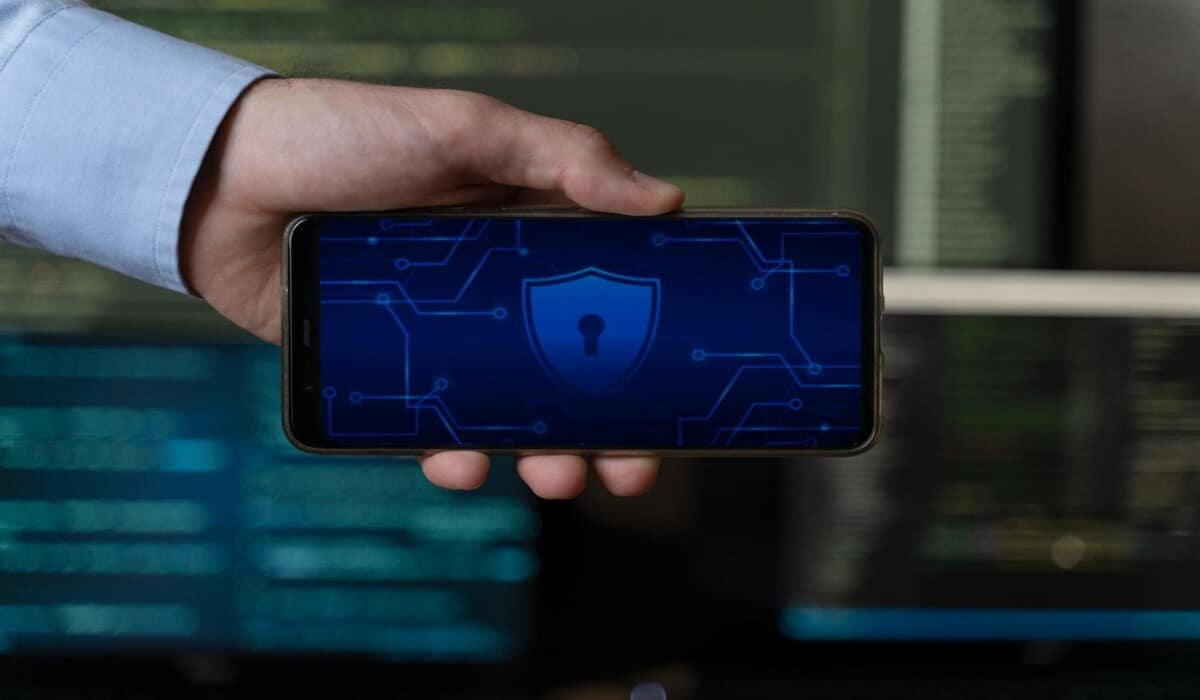Table of Contents
In today’s fast-paced, hyper-connected world, our reliance on public Wi-Fi networks in urban environments has become increasingly commonplace. Whether you’re checking emails, streaming videos, or browsing the web on the go, the convenience of these open-access networks is undeniable. However, with the rise of cybercrime, the security risks associated with public Wi-Fi cannot be overlooked.
Cybersecurity experts warn that urban areas, with their high population density and bustling digital activity, have become prime targets for malicious actors seeking to exploit vulnerabilities in unsecured public networks. From data theft to identity fraud, the consequences of a security breach can be devastating. That’s why it’s essential for internet users to take proactive measures to safeguard their online privacy and protect their sensitive information.
One effective solution that has gained traction among savvy urban dwellers is the use of a free virtual private network (VPN). By establishing a secure, encrypted connection between your device and the internet, a free VPN can shield your online activities from prying eyes, ensuring that your data remains safe and your digital footprint is protected, even when accessing public Wi-Fi in crowded city environments.
Understanding Public Wi-Fi Risks in Urban Environments
In today’s connected world, public Wi-Fi has become a ubiquitous part of urban life. However, the convenience of these open networks comes with significant security risks that users must be aware of. One of the primary concerns is the threat of man-in-the-middle attacks, where cybercriminals can intercept data transmitted over the network, enabling them to steal sensitive information such as login credentials and financial data.
Common Cyber Threats in Public Spaces
In addition to man-in-the-middle attacks, public Wi-Fi networks are also susceptible to malware distribution. Cybercriminals can set up rogue access points that mimic legitimate hotspots, allowing them to infect users’ devices with malicious software and gain unauthorized access to their data.
Why Urban Areas Are Prime Targets for Cybercriminals
Urban environments, with their high concentration of potential victims and reliance on connectivity, have become prime targets for cybercriminals. The abundance of public Wi-Fi hotspots, coupled with the tendency of people to access sensitive information while on the go, creates an ideal environment for data interception and network eavesdropping.
The Vulnerabilities of Unsecured Networks
Unsecured public Wi-Fi networks lack the robust security measures found in private or enterprise-level networks, making them vulnerable to exploitation by malicious actors. Without strong encryption and user authentication protocols, these networks leave users’ sensitive data exposed to the risk of interception and misuse.
Benefits of Using a Free VPN for Public Wi-Fi Security
In the digital age, where urban areas are bustling with public Wi-Fi hotspots, the need for robust security measures cannot be overstated. Fortunately, a free VPN (Virtual Private Network) can provide a comprehensive solution to the challenges posed by unsecured public networks. By leveraging data encryption, IP address masking, and secure browsing capabilities, a VPN can effectively shield your online activities and personal information from prying eyes.
One of the primary advantages of using a free VPN is its ability to encrypt your data traffic. This ensures that even if your connection is intercepted by cybercriminals, your sensitive information, such as login credentials and financial transactions, remains protected. Additionally, a VPN can mask your IP address, making it virtually impossible for anyone to trace your online activities back to your device or location, thus preserving your anonymity and secure browsing experience.
Moreover, a free VPN can shield you from a wide range of cyber threats commonly encountered on public Wi-Fi networks, such as man-in-the-middle attacks, packet sniffing, and session hijacking. By creating a secure tunnel between your device and the internet, a VPN can effectively safeguard your online activities, ensuring that your sensitive data remains safe and your browsing experience remains anonymous.
Conclusion
In the ever-evolving digital landscape of urban areas, the importance of online privacy and digital security cannot be overstated. As we navigate the convenience and connectivity of public Wi-Fi networks, we must remain vigilant against the growing threat of cybercriminals targeting unsuspecting users. The insights shared in this article have underscored the need for proactive measures to safeguard our sensitive information and online activities.
By understanding the common cyber threats and vulnerabilities associated with public Wi-Fi in urban environments, we can empower ourselves to take the necessary steps to protect our digital well-being. The use of a free VPN has emerged as a crucial tool in this endeavor, allowing us to encrypt our internet traffic and shield our online presence from prying eyes.
As we continue to embrace the digital age and leverage the benefits of interconnectivity, it is crucial that we prioritize our online privacy, digital security, and adopt safe internet practices to navigate the urban cybersecurity landscape with confidence. By incorporating a free VPN into our daily routine, we can enjoy the convenience of public Wi-Fi while safeguarding our sensitive data and ensuring our digital well-being.


